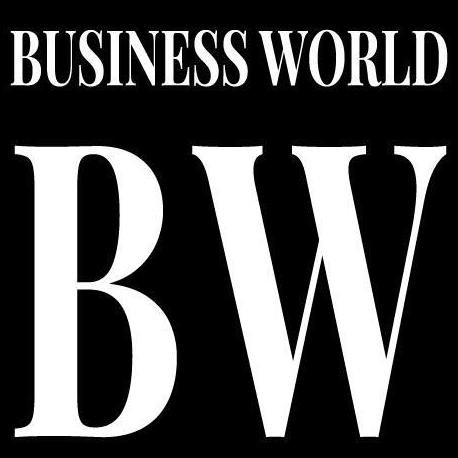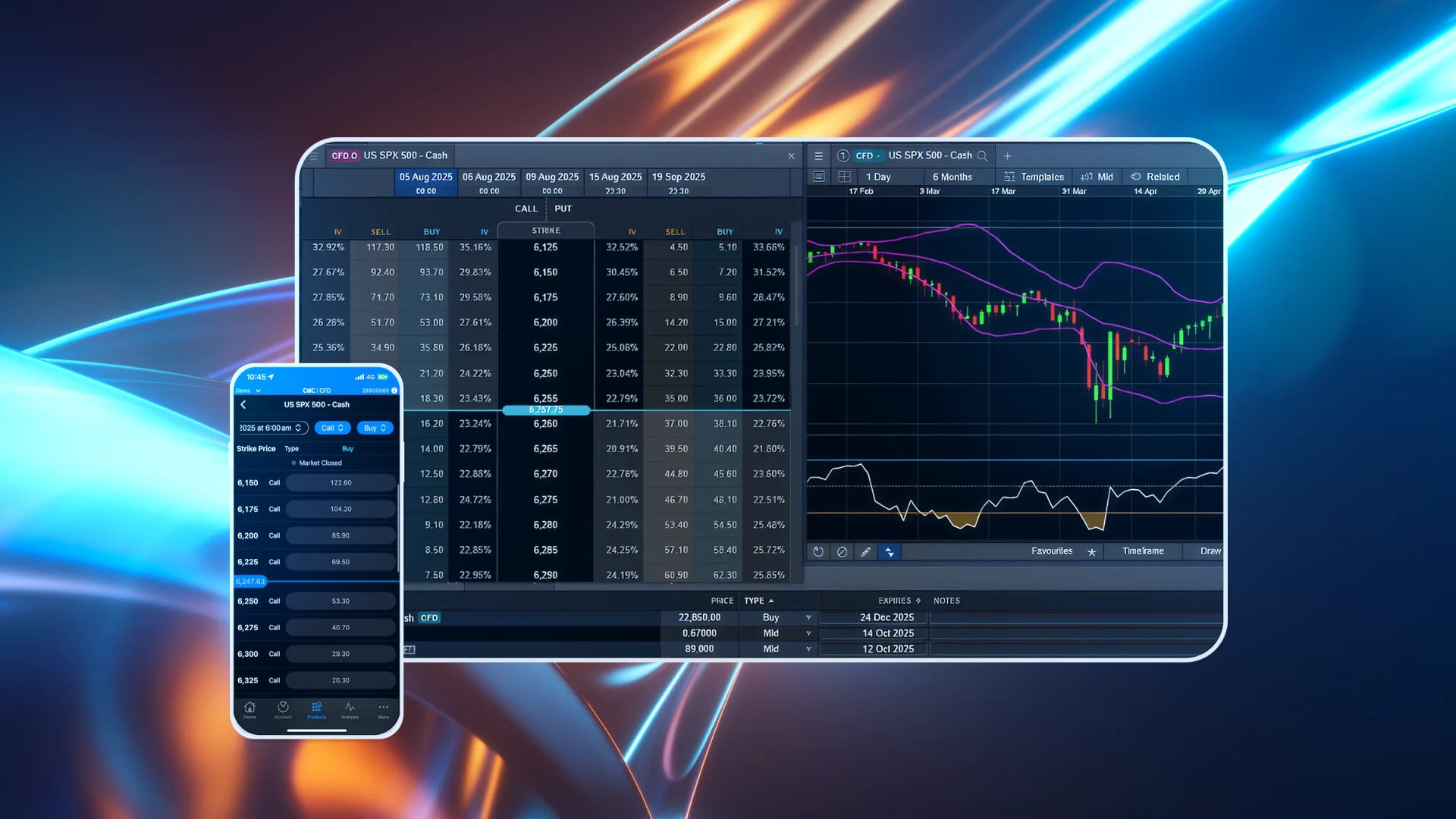RBA held recession fears before rate cut
Reserve Bank board members decided it was likely Australia’s economy would shrink across the March and June quarters – and potentially even longer – when it cut the cash rate to a record low 0.25 per cent to fight the impact of the coronavirus.
The word “recession” was not mentioned in RBA governor Philip Lowe’s address following the ad hoc March 18 board meeting, or in the speech to the media that followed, but minutes show members agreed it was likely the coronavirus crisis would result in at least two back-to-back quarters of contraction.
This is the technical definition of a recession, something Australia has not experienced since the early 1990s.
The RBA neglected to give an official growth forecast when it launched its suite of economic support measures a fortnight ago but it did tip significant job losses.
“While it was not possible to provide an updated set of forecasts for the economy given the fluidity of the situation, it was likely that Australia would experience a very material contraction in economic activity, which would spread across the March and June quarters and potentially longer,” minutes from the March 18 meeting show.
“The size of the fall in economic activity would depend on the extent of the social distancing requirements, and potential lockdowns, put in place to contain the virus.”
The RBA’s first out-of-cycle meeting since 1997 involved lowering the interest rate to a lower bound of 0.25 per cent, where it is expected to remain “for some time”.
The RBA had already reduced the cash rate to 0.5 per cent at its regular March board meeting and has now cut 1.25 per cent from the rate since June last year in a bid to stimulate a flagging economy.
The widely anticipated March 18 emergency rate cut meant the central bank also pulled the trigger on its first-ever quantitative easing program to boost cash supply and encourage lending and investment.
Dr Lowe said the RBA would buy Australian government bonds in the secondary market, with a target yield on three-year bonds of about 0.25 per cent.
Australia has more than 4,500 confirmed coronavirus cases and 20 deaths.
An increasing number of businesses have shut their doors and laid off staff amid intensifying quarantine measures to stop people gathering in groups and spreading the virus.
Supermarkets have witnessed a surge in sales as consumers stock up on supplies while social distancing but the service industry has been decimated.
About 300,000 businesses have registered for $1500 fortnightly wage subsidies for workers as part of a $130 billion federal government program.








